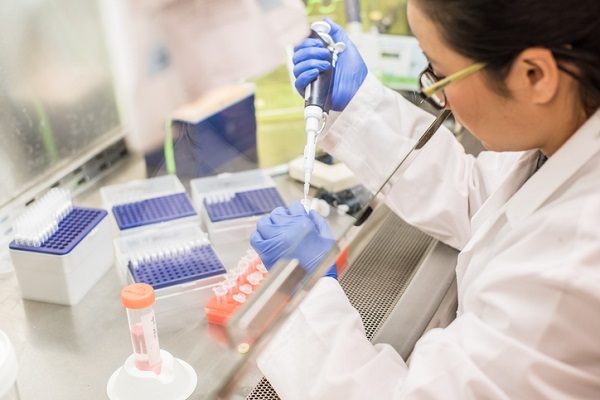Where there are illnesses, diseases, and viruses, there are healthcare professionals working tirelessly to find cures. When COVID-19 emerged, clinical researchers in Canada quickly began testing life-saving treatments to help alleviate patients’ suffering as well as prevent future transmission. Now, Canada is home to the world’s largest clinical trial for a potential COVID-19 treatment.
In times of crisis, the importance of clinical research becomes even more apparent, and Canadians are finding unique and touching ways to show their support for those working to eradicate the virus. Read on to learn all about the progress these researchers have made so far in the fight against COVID-19!
How did Canadian Researchers Develop the World’s Largest Clinical Trial for COVID-19?
On March 29, 12 Canadian hematologists and scientists met over Zoom to start planning what would be the world’s largest clinical trial for COVID-19. In a matter of days, the trial came together—a remarkable timeline considering that a typical trial takes between six months and a year to coordinate, as those in a clinical research program know. The timeline is especially impressive considering that the study involves over 1,000 patients, 40 hospitals, and doctors from a variety of schools, including the University of Toronto, the University of Montreal, and the University of British Columbia.

How Clinical Research Program Grads Are Carrying Out the Study
Those in a clinical research course know that behind every trial is a group of dedicated researchers performing countless tests.
In this particular study, plasma is extracted from recovered COVID-19 patients at donation centres across Canada, where it is then tested to make sure it has enough antibodies (also known as convalescent plasma) to be used for immunotherapy. If the plasma meets clinical standards, it is then frozen and shipped to participating hospitals. There, professionals will infuse the antibody-rich plasma into COVID-19 patients in critical condition and examine how effective the treatment is.

Professionals Are Also Examining How COVID-19 Is Transmitted
In addition to the Canada-wide clinical trials, researchers at Western University are examining how COVID-19 enters a person’s cells. Studies have found that infection occurs when the coronavirus spike protein, which is found on the virus’ surface, attaches itself to certain cell receptors.
Western University researchers are working to develop a treatment that allows our immune system to identify this spike protein and mount an antibody attack against it. This process involves attaching spike proteins from SARS-CoV- 2 with proteins from viruses that don’t pose harm to humans. Not only can this research play an important role in creating a vaccine against COVID-19—it may also be useful for short-term treatments to help those badly affected by the virus.
Want to pursue a rewarding career in clinical research?
Contact Oxford College today to learn about their clinical research diploma!







